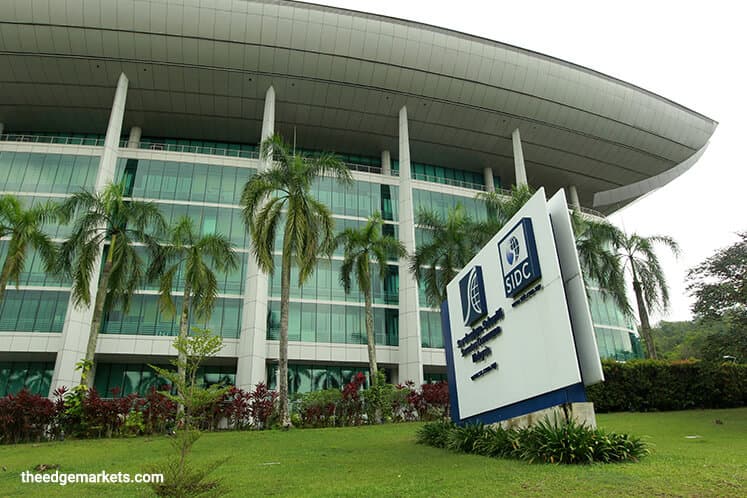
This article first appeared in The Edge Financial Daily on May 18, 2017
KUALA LUMPUR: By the end of this year, the minimum capital requirement for exchange-traded fund (ETF) issuers will be lowered from RM10 million to RM2 million, while futures-based and conventional commodity-based products will be introduced.
These were among the key recommendations from the task force on ETFs chaired by the Securities Commission Malaysia (SC), all of which will be implemented before the year is out, according to the SC in a statement yesterday.
The easing of the capital requirement is to attract more issuers and encourage the issuance of ETFs, said the SC. An ETF, listed and traded on the stock exchange, is a passive investment tool that tracks the underlying index, commodities, bonds or a basket of assets like an index fund.
Meanwhile, to encourage product innovation, the introduction of new ETF types, including the above-mentioned conventional commodity-based and futures-based ones, will be facilitated, said the SC.
“This will provide affordable entry points for retailers to traditionally difficult-to-access investments. The task force also recommends allowing greater flexibility in terms of investment strategies, including the introduction of leveraged and inverse ETFs,” the regulatory body added.
Besides product innovation, the ETF task force also made recommendations to enhance the ETF ecosystem, intensify investor engagements, and improve the cost structures for issuers and issuances.
ETF task force chairman Zainal Izlan Zainal Abidin said these recommendations, which are aimed at attracting greater investor participation and incentivising issuances by local ETF managers, would enhance the ecosystem and drive further growth of the ETF industry in Malaysia.
“[The] SC will work with the relevant stakeholders to implement these measures and develop a more vibrant ETF market that provides greater opportunities and options for investors and issuers, as well as promotes more inclusive participation in the Malaysian capital market,” said Zainal Izlan, who is also SC managing director of development and Islamic markets.
Other measures recommended include the removal of the requirement for submissions to be made by principal advisers, and reduction in the time to market in the issuance process.
Also recommended was the broadening of ETF distribution channels by permitting financial institutions, online platforms and financial planners to offer ETFs to clients via stockbroking firms. “The use of such alternative distribution channels will provide investors greater access to a more diverse range of products at a lower entry cost,” said the SC.
The recommendations came as ETFs are gaining popularity globally due to lower fees, better transparency and greater control offered to investors. However, in Malaysia, 12 years since the first ETF — ABF Malaysia Bond Index Fund — was listed on Bursa Malaysia in 2005, there are just eight ETFs listed on the local bourse, with a combined market capitalisation of RM1.9 billion.
In comparison, there were 4,971 ETFs globally with assets under management of over US$3.8 trillion (RM16.42 trillion) as at April, which are estimated to hit US$7 trillion by 2021.
Hence, to spur long-term development of the ETF market and to capitalise on the segment’s global growth potential, the SC-led ETF task force, also comprising Bursa, fund managers, market makers and institutional investors, was established last year.
“Recognising the important role of market makers in the ecosystem in providing trading liquidity to ETFs, the SC and Bursa Malaysia are providing rebates and waiving relevant fees applicable to ETF market makers, including a 100% clearing fee rebate by both the SC and Bursa Malaysia,” the SC’s statement read.